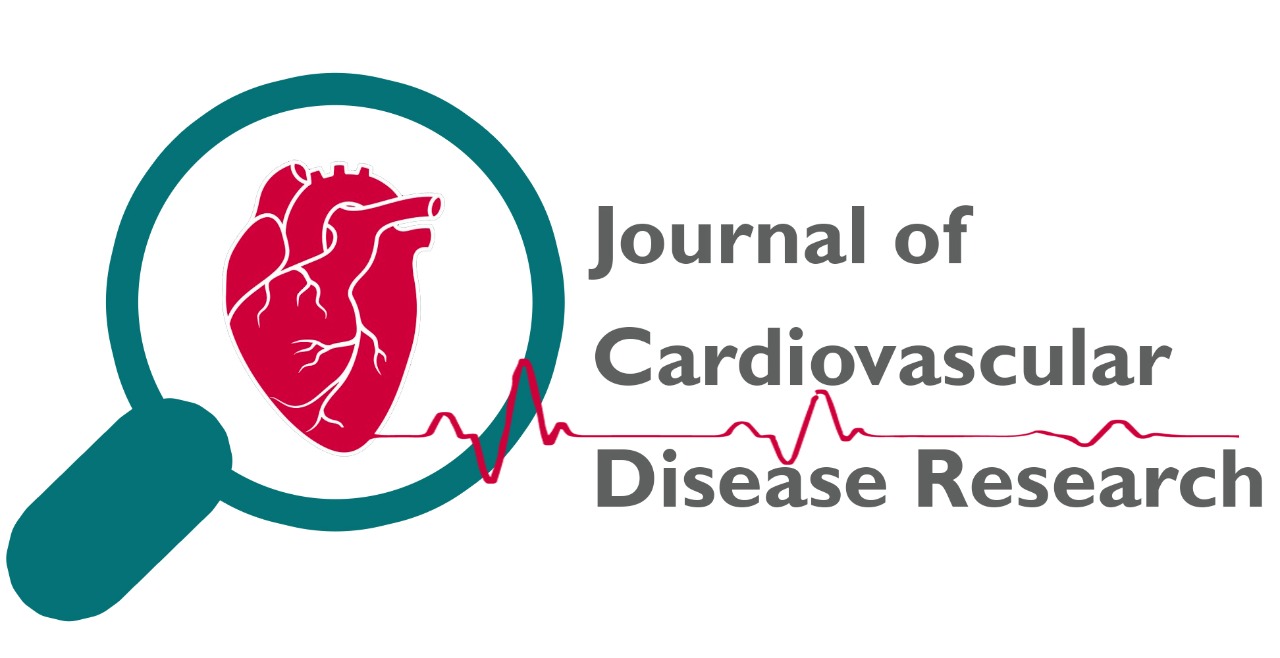
Assessment of the levels of Thyroid profile and minerals in depressed patients
Soni Ankita, Bibek Bhurer Yadav, Supriya Singh, Sogani Sonal, NK Singh, SK Bansal, Kanuja Sood, Priya Kaushik
JCDR. 2023: 3996-4009
Abstract
Depressed mood, loss of interest or pleasure, decreased energy, guilt or a sense of low self-worth, interrupted sleep or food, and trouble concentrating are all symptoms of depression, a common mental condition. Women are more likely than men to have it. Some indications and symptoms of depression include irritability, exhaustion, difficulty concentrating, difficulties making decisions and remembering things, and recurrent thoughts of death, dying, or suicide. There are many different factors that can contribute to depression, including heredity, chemical changes brought on by drug or alcohol abuse, family/marriage issues, medical conditions, natural disasters (fires, floods, storms), crime victims, financial difficulties, losses like the death of a loved one, and ageing. Material and Methods-This hospital-based case-control study comprised 50 diagnosed patients with depression under 18-65 age group who visited the psychiatric department as cases and 50 healthy individuals who were matched for age and gender and took part in the study as controls. After outlining the goals and specifics of the study, all participants in both groups provided written, fully informed consent. Serum TSH, T3, and T4 levels are calculated using ECi. Calcium, magnesium, and phosphorus are also determined using Vitros 4600. Results: Although T3 and T4 values were significantly lower (P=0.000 and P=0.004, respectively) and serum Ca levels were lower (P=0.000), TSH levels were significantly higher (P=0.076) in the depressed patients group. The levels of serum Po4 were considerably increased (P=0.004). The serum Mg levels were lower in the depression group (P=0.020). Conclusions: We conclude from the current study that the function of thyroid hormones (TSH, T3 and T4) and minerals (calcium, phosphorus, and magnesium) in depressed patients and compares their levels to those of healthy controls. As a result, depressed sufferers often have reduced thyroid hormone levels. Our observations of high serum Po4 levels and decreased Ca and Mg levels suggested that the thyroid gland was underactive. Numerous factors can cause the aforementioned minerals to fall out of equilibrium. More research should be done to determine how the aforementioned researched parameters affect the subject's mental behaviour.
Description
Volume & Issue
Volume 14 Issue 1
Keywords
|
This is an open access journal which means that all content is freely available without charge to the user or his/her institution. Users are allowed to read, download, copy, distribute, print, search, or link to the full texts of the articles in this journal without asking prior permission from the publisher or the author. This is in accordance with the Budapest Open Access Initiative (BOAI) definition of open access.
The articles in Journal of Cardiovascular Disease Research are open access articles licensed under the terms of the Creative Commons Attribution Non-Commercial License (http://creativecommons.org/licenses/by-nc-sa/3.0/) which permits unrestricted, non-commercial use, distribution and reproduction in any medium, provided the work is properly cited. |
|
|
|
|
|
Copyright � 2022 Journal of Cardiovascular Disease Research All Rights Reserved. Subject to change without notice from or liability to Journal of Cardiovascular Disease Research.
For best results, please use Internet Explorer or Google Chrome POLICIES & JOURNAL LINKS
Author Login
Reviewer Login About Publisher Advertising Policy Author's Rights and Obligations Conflict of Interest Policy Copyright Information Digital Archiving & Preservation Policies Editorial Policies Peer Review Policy Editorial & Peer Review Process License Information Plagiarism Policy Privacy Policy Protection of Research Participants (Statement On Human And Animal Rights) Publication Ethics and Publication Malpractice Statement Corrections, Retractions & Expressions of Concern Self-Archiving Policies Statement of Informed Consent Terms of Use |
Contact InformationJournal of cardiovascular Disease Research,
|




